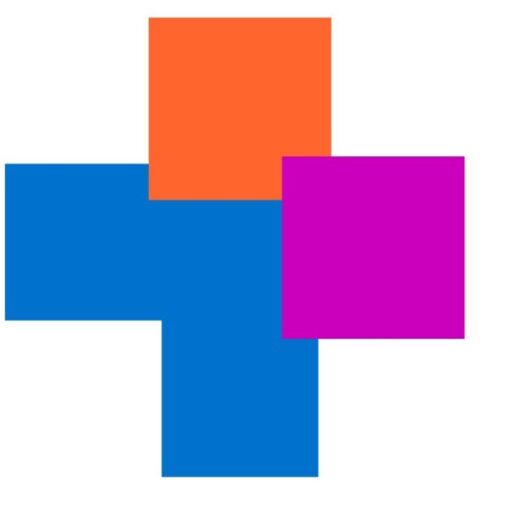7. Support for Self Care
Updated 07/12/2022
A fundamental part of comunity pharmacies role within the healchare system is help people to manage minor ailments and common conditions, by the provision of advice and where appropriate, the sale of medicines, including dealing with referrals from NHS 111. Remember that where the pharmacist considers it relevant to the care of the patient, you should keep records and anonymised data from these may be audited as part of contract monitoring by the NHS.
Prescribing of medicines for low acuity and self-limiting conditions.
NHS England published guidance on the conditions for which OTC items should not routinely be prescribed in April 2018, and this guidance has been adopted across Lincolnshire. This means that patients who may have consulted their GP or practice nurse about minor ailments such as insect bites, constipation or conjunctivitis are encouraged to visit the pharmacy to manage these conditions with advice and OTC products. You can find our more about the approach used in Lincolnshire in the PACEF bulletin below:
GP practices may also use referall documents such as the ‘Non-prescription pad’ to direct patients to pharmacies:
Pharmacists and pharmacy teams should ensure that they are providing evidence-based advice aligned to national guidance (where this exists). The Clinical Knowledge Summaries website is a useful source of information which can be used to support discussions for self-care with patients (as well as in delivery of the Community Pharmacy Consultation Service).
CPPE also host a variety of learning materials which may help to develop skills in this area.


